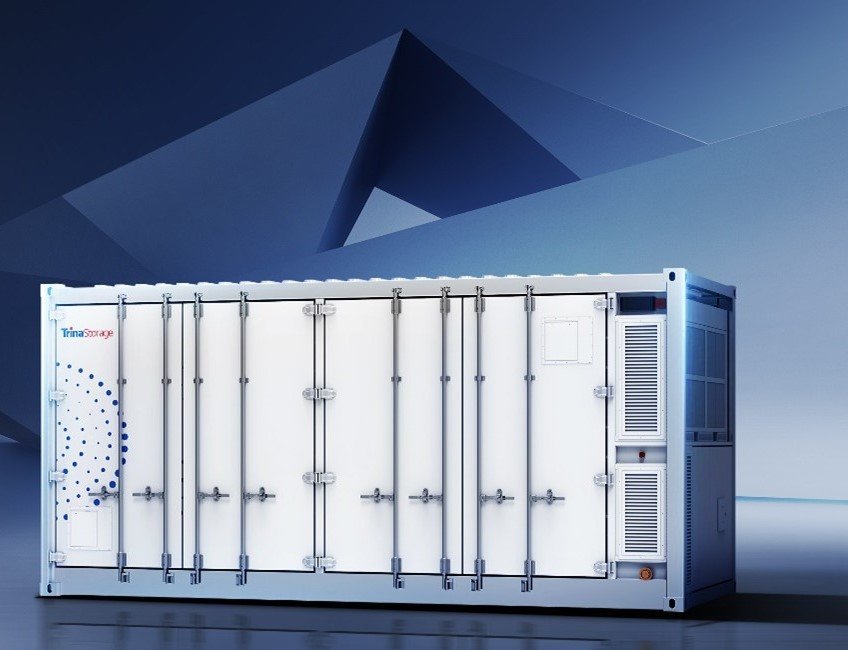Veolia, the French multinational specialising in environmental services, has announced plans to double its global operated desalination capacity by 2030, betting on accelerating demand for sustainable water solutions amid intensifying global water stress.
With 18% of the world’s installed desalination capacity already built using its technologies, Veolia is seeking to consolidate its market leadership by expanding its operational footprint from 1.4 billion cubic metres per year to 2.8 billion cubic metres.
The announcement comes as governments and industries across the Middle East, Asia-Pacific and Europe move to secure long-term water security, with over 40,000 million litres per day of desalination capacity set to be awarded globally within five years.
“Our global leadership and ambitions in desalination…demonstrate our capability to develop increasingly innovative and adaptable technological solutions to meet the needs and challenges of territories and industrial players,” said Estelle Brachlianoff, CEO of Veolia, citing the company’s GreenUp strategic programme as a key driver.
The company’s new target will see it maintain its existing share of the global build market, while doubling its activities in the high-margin operation and maintenance segment.
Veolia’s recent desalination contracts in the United Arab Emirates (Hassyan and Mirfa 2), the United Kingdom (Cornwall), and exclusive talks in Morocco (Rabat) underpin its aggressive international expansion strategy. The company also operates key facilities in Oman, Saudi Arabia and Australia.

Having pioneered energy efficiency in desalination over the last five decades, with energy consumption down nearly 85% since 1970 and the price of a cubic metre of water reduced by 90%, Veolia now aims to push innovation further. Recent advances include AI-powered reverse osmosis systems, compact modular units like its Barrel™ technology, and improved brine discharge techniques to mitigate environmental harm.
With water security rising on national agendas, desalination has become central to the infrastructure playbook of many drought-prone and fast-urbanising economies. But concerns remain around energy consumption and marine ecosystem impacts. Veolia’s recent efforts to power plants with decarbonised energy sources and minimise chemical use reflect wider industry moves to reduce the environmental footprint of desalination infrastructure.
Veolia, which reported €44.7 billion in revenue in 2024, 40% of it from water services, operates more than 2,300 water treatment sites across 108 countries.
The group served 111 million people with drinking water and nearly 100 million with sanitation services last year.
Veolia’s long-standing position in both water operations and water technologies, with annual turnover of €13 billion and €5 billion respectively in those segments, provides a scale advantage.





